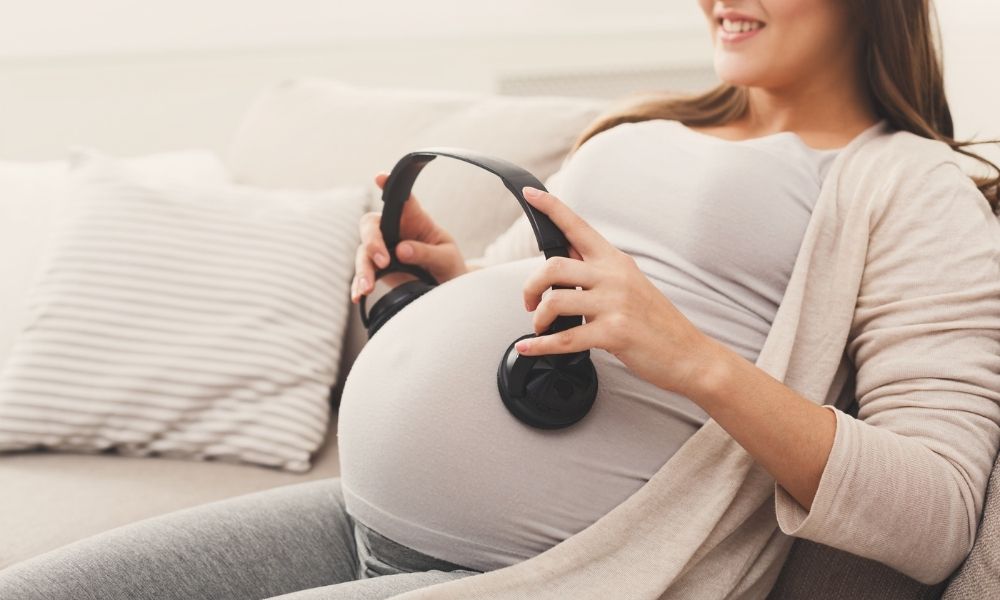Verify the airline's policies on flying during pregnancy before packing your bags
Certain airlines may restrict travel after 28 weeks without a doctor's "fit to fly" letter, while others have different cutoffs. Sorting this out early will save you a headache at the airport. Keep in mind that some GPs may charge for these letters, so be sure to arrange it well in advance.
Best times for flying during pregnancy
The ideal time for flying during pregnancy is typically during the second trimester. By this time, morning sickness has usually subsided, and the discomforts of the third trimester haven't fully set in yet. Additionally, you'll hopefully feel more energetic and able to handle the rigors of travel, especially if you have to deal with jet lag. The second trimester is also an ideal time to show off your blossoming baby bump on vacation!
Seat Position
Opt for an aisle seat if possible, as it provides easy access to the toilets without having to climb over your fellow passengers. If necessary, consider paying to choose your seat – it's worth every penny. Additionally, being able to stretch your legs frequently on longer flights helps maintain blood flow, reduces the risk of developing blood clots, and eases water retention, which can be exacerbated by flying.
Keep hydrated
The air inside the cabin is notoriously dry, so staying well-hydrated is even more crucial when pregnant. Drink plenty of water before and during your flight to maintain hydration levels. Avoid caffeine, which can increase dehydration, and of course, refrain from consuming alcohol.
Dress comfortably
Choose loose-fitting or stretchy clothing and layers to accommodate fluctuating temperatures on board, as it can quickly shift from cold to hot on a plane. Compression socks are essential to help prevent swelling in your legs and feet. Natal Active luxe leggings are perfect for dealing with any swelling and providing your bump with some support, while layering up with a bamboo top and our maternity/nursing hoodie gives you the perfect flying outfit.
Stay Active
Taking a walk up and down the aisle every hour or so will enhance circulation and can help prevent discomfort and more serious issues such as deep vein thrombosis (DVT). Simple ankle rolls and leg stretches can also be done right in your seat.
Snacking on flights
Airplane food isn’t always the best and might not sit well with your pregnant tummy. Be prepared by packing some healthy snacks to keep hunger (and nausea) at bay.
Morning sickness whilst flying
Prepare for potential turbulence if you're still experiencing morning sickness. Ginger biscuits, acupressure wristbands, or prescribed nausea medication can really help when you're up in the air without your usual comforts.
Prepare a travel kit
Ensure that all your prenatal vitamins and any necessary medications are in your carry-on – never trust them to your main luggage. It's also a good idea to bring a copy of your prenatal records and emergency contact numbers, just in case, especially if you are traveling in your third trimester.
Relax and enjoy..
Finally, ensure that you take it easy and utilise your time in the air to the fullest. Bring a neck pillow, a captivating book, or load your tablet with your preferred shows. This is an excellent opportunity to savour flying alone, as it might be some time before you get to do so without children again!
Final thoughts on flying during pregnancy
Keep in mind that each pregnancy is unique. Always consult your healthcare provider to confirm that flying is safe for you, particularly if you have any pregnancy complications. With proper preparations, flying during pregnancy can be a seamless and pleasant experience. Wishing you safe travels, mama!
All information we provide is for educational and awareness purposes only. Any concerns should be discussed with your GP, Midwife or Healthcare Professional.
If you’re trying to conceive (TTC), you probably know that there are certain foods and nutrients that become especially important once you’re pregnant. But nutrition plays a vital role even when trying to conceive, much like laying a strong foundation before constructing a house.
Certain nutrients create that foundation by supporting egg and sperm health (yes, nutrition matters for both partners), hormone balance and creating a hospitable environment for a fertilized egg to implant. In fact, studies show that certain nutrients can help increase fertility and improve success rates for both natural conception and fertility treatments.
In other words, nutrition is a key player in the TTC journey, but getting the right nutrients in the right quantities can be tricky. That’s where supplements come in. Just as you’d take a multivitamin to fill in nutritional gaps for optimal health, fertility supplements can give you that extra nutrient boost.
Choosing supplements for your fertility journey
When choosing a supplement to support your fertility journey, look for science-backed, high-quality ingredients. Our editors are careful to select and partner with brands that use ingredients that have been clinically studied to support fertility. Eu Natural® (pronounced you) covers all those bases and more. We love knowing that Eu Natural® products contain zero artificial additives, binders, or fillers and are lab-tested to ensure purity and potency.

When choosing a supplement to support your fertility journey, look for science-backed, high-quality ingredients. Our editors are careful to select and partner with brands that use ingredients that have been clinically studied to support fertility. Eu Natural® (pronounced you) covers all those bases and more. We love knowing that Eu Natural® products contain zero artificial additives, binders, or fillers and are lab-tested to ensure purity and potency.





.jpg)

.png)
.jpg)

%20copy.jpg)


